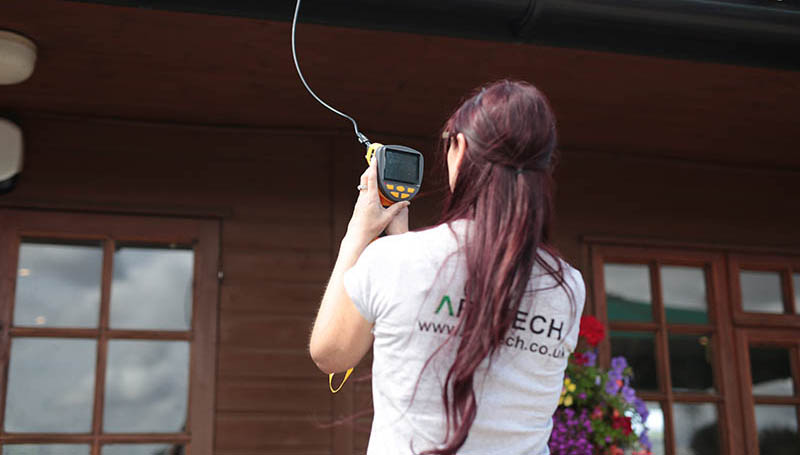We’re Cambridge’s #1 Ecologists – Hundreds of 5 Star Reviews Can’t Be Wrong
Bat Survey Cambridge Case Study
12 of the 17 native bat species make their home under the vaulted ceilings of Victorian terraces and windswept attics of the historic buildings that characterise the city centre.
As you move out towards the countryside, new developments begin to replace the old. Whilst this construction represents the city’s growing prosperity and status as the UK’s next silicon valley, the expansion poses a substantial threat to bat roosts. Especially as these developments push further and further out and increasingly disrupt their natural habitats.

Planning for the future
The various local authorities have grand plans for the future Cambridge and the surrounding regions. South Cambridgeshire District Council and Cambridge City Council have invited development proposals small and large on over 16,000 hectares of land encompassing swathes of the countryside and the city of Cambridge itself.
These sites, if approved, will form an integral part of the Local Plan that will set the framework for the changing face of Cambridge over the next 20 years.
Great news for planning professionals, developers and homeowners alike. But what does it mean for bats?
Ultimately, big chunks of this development work will involve the renovation of existing buildings in poor repair both in the city of Cambridge itself and the wider countryside. Admittedly, not all of these buildings will contain bat roosts, but there’s always a possibility. Damaged roof linings, cracks in the stonework and more besides allow bats easy access and egress to a sheltered, dark habitat.
Then there are caves, trees, and other natural hollows to consider. These are plentiful in the ancient fenland that characterises the Cambridgeshire countryside and envelops the urban centres. Many have provided a natural safe harbour for bats for centuries. So, if you’re considering development that might impact upon these roosting sites it’s in your interest to take appropriate action.
After all, it’s your legal obligation to avoid disturbing bat roosting sites.
That’s where a bat survey comes in.
What does Cambridge City Council expect to see from a bat survey?
Simply put, your bat survey will inform you of the presence or absence of the three triggers for an emergence survey. Specifically:
- The presence of bats
- Evidence of their activity (droppings, carcasses etc.)
- Access to features suitable for roosting
Should your report indicate that animals or evidence of their activity are present, or the roost suitability of your site is significant enough, your local planning authority will expect you to undertake a further survey effort before determining your application.
We appreciate that this is often an unexpected and very unwelcome expense. Though it’s perhaps better to consider your bat survey as an investment. Whether you’re planning a barn conversion in one of the medieval towns that dot the countryside or an urban mixed-use development, the consequences of getting things wrong range from severe to extraordinary.
The disturbance of a bat roost or harm to animals is a criminally prosecutable offence that can result in a custodial sentence. Recently this cost Bellway Homes £600k in fines and another £100k or so in court costs and a mandatory donation to the Bat Conservation Trust, on a site in Greenwich.
However, we’ve never had a client’s planning application refused where bats are present.
In fact, we have secured hundreds of planning consents for clients in Cambridgeshire alone.
Here’s how Arbtech helped…
Arbtech’s bat surveyors, how we work and why you should choose us
We bring you all the resources and assurance of a business that operates at a national scale, yet comes equipped with all the niche knowledge of a local practice.
This means your bat survey will be handled by an experienced consultant who gets how things work in your part of the world: who the major players are within local interest groups that routinely object to applications, unique ecological receptors and landscape features, how the Cambridgeshire local authorities like things done, and more besides.
We don’t use subcontractors, and we only do planning and development related work. This means you’ll get the advice you need, when you need it from a dedicated bat survey specialist.
Get a bat survey in Cambs with comprehensive advice you can trust
If you need a Cambridge bat survey, from a local expert that contains all the advice you need to get planning permission (or your money back), choose Arbtech.
